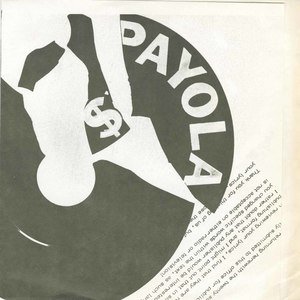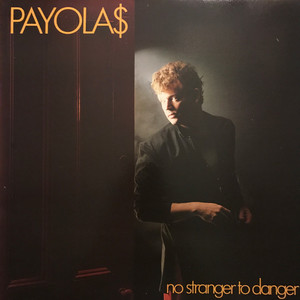Payola$
Websites:
No
Origin:
Vancouver, British Columbia, 🇨🇦
Biography:
The Payola$
Formed in Vancouver in the late 1970s, the Payola$ emerged as one of Canada’s most dynamic and genre-blurring bands, fusing punk energy, reggae rhythms, and pop hooks with socially conscious lyrics. Fronted by the sharp pen and voice of Paul Hyde and propelled by the versatile guitar work and production genius of Bob Rock, the band carved out a distinctive space in Canadian music during a time of rapid change.
The name "Payola$" was a pointed nod to the corrupt practice of bribing radio stations to play records—an early indication of the band’s critical eye on the music industry and society at large. Their independent debut EP, Introducing the Payola$ (1979), captured raw punk influences that soon gave way to more polished and adventurous recordings. By 1981’s In a Place Like This, the Payola$ were mining new wave and reggae territory with increasing sophistication.
Their breakthrough came with No Stranger to Danger (1982), featuring the haunting hit “Eyes of a Stranger,” which catapulted them onto international airwaves and earned them a Juno Award. The album was co-produced by Mick Ronson (of David Bowie fame), helping them land a brief spotlight on the global stage. Despite—or perhaps because of—their refusal to chase formulaic success, the Payola$ remained stylistically restless, later rebranding as Rock and Hyde for their 1987 album Under the Volcano, which featured the anthemic “Dirty Water.”
Beyond the hits, the Payola$ were deeply embedded in Vancouver’s thriving music scene, championing musical integrity and Canadian storytelling. Bob Rock would go on to become one of the world’s most in-demand rock producers (Metallica, Mötley Crüe), but the DNA of the Payola$—gritty, melodic, and fearless—remains a defining thread in Canadian new wave history.



